 An unnamed female protagonist talks through her journey to find out what has happened to her father, who lives, and has gone missing, in the far northern wilds of Canada. Instead of going alone, she’s made the flippant decision to take her boyfriend, who seems to have moved into her apartment prematurely, and her best friend and her husband have volunteered to drive the four of them there. This seems to be the only real reason she has agreed for them to accompany her.
An unnamed female protagonist talks through her journey to find out what has happened to her father, who lives, and has gone missing, in the far northern wilds of Canada. Instead of going alone, she’s made the flippant decision to take her boyfriend, who seems to have moved into her apartment prematurely, and her best friend and her husband have volunteered to drive the four of them there. This seems to be the only real reason she has agreed for them to accompany her.
The book is written at a time when Canada was having a surge of nationalism, and her city slicker friends in the story think they know it all, and are keen to shoot a ridiculous art film while they search the area for her father. However, when they reach the Spartan cabin where they are staying, and she scours the area to find her dad, she rediscovers her survival skills, which alienate her from her companions further, who are easily bored and starting to play up.
Themes of getting close to nature as an entity take root early, with a trail left throughout, but this thread does not fully kick in until near the end of the book, when she suspects the pattern she has seen under the lake has a connection to the beast drawings her father made before he went missing. She doesn’t try and explain this to anyone, but instead retreats further into the wilderness alone.
The third act swerves away from the rest of the book when the protagonist does, and the friends disappear as reality fades into another layer. She becomes one with the wild. When she immerses entirely, she finds out the fate of her father in both reality and in this new magical layer she inhabits, as nature becomes godlike and all-consuming. She examines her body and soul, recalling her past decisions and lovers, her decision to leave her child, and her place in the world, all so fake and worthless now. She makes her psychedelic escape into the beast spirit, and suggests her father was led by this creature to his death and re-birth – as he became the very beast god that led him away.
What? Exactly. It needs to be read to understand. Completely amazing writing. Some readers may give up, confounded by the sharp twist into the blurry edges of the last part of the book, but in fact it’s marvelous, and represents feelings of being trapped and stuck that many women felt and still feel. The nationalism of Canada, which Atwood seems to think is wholly unique, is represented in the feeling of the wild. A strange, special book. I prefer it to “The Handmaid’s Tale”. Sorry, world.
Available At

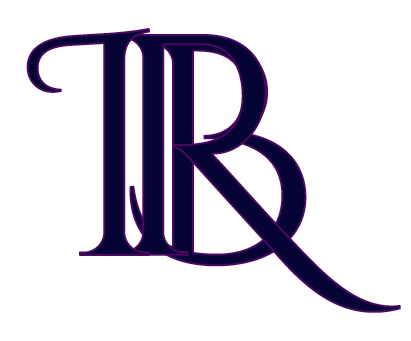
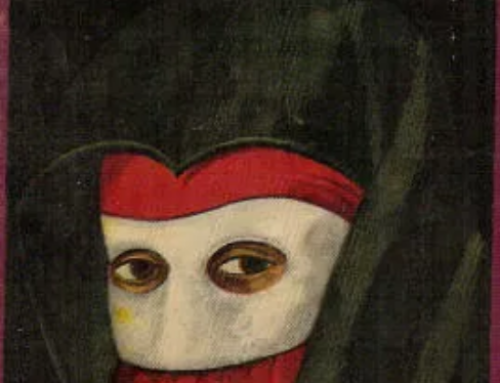

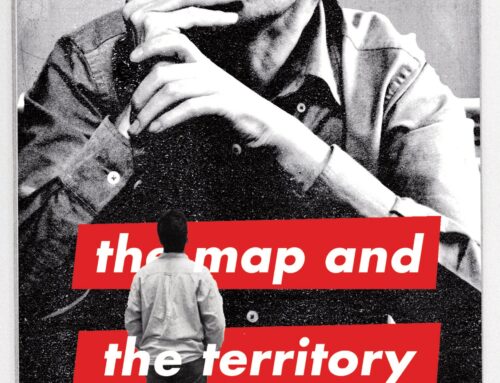
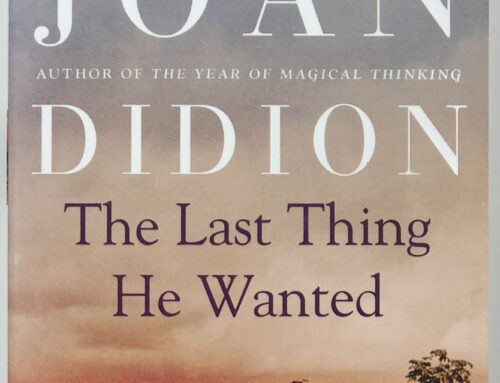
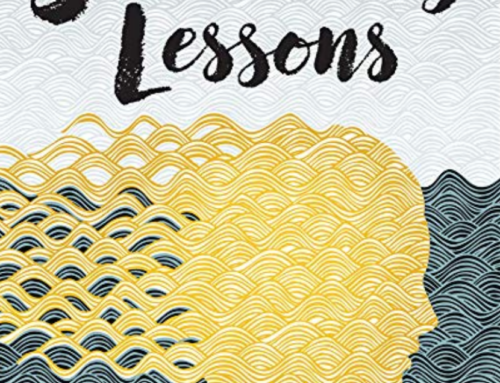
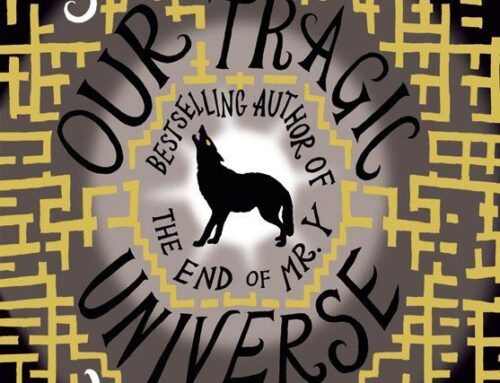

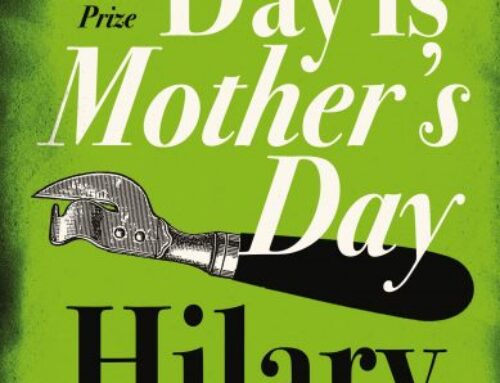
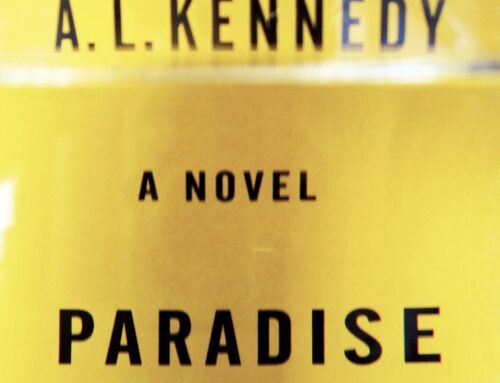
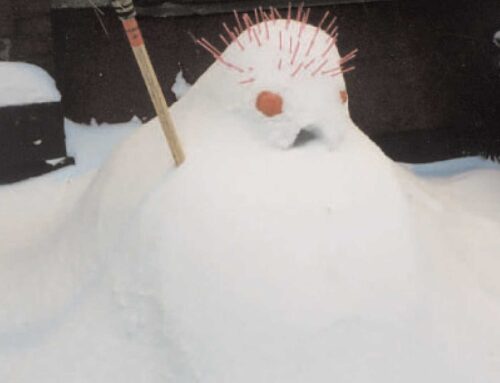
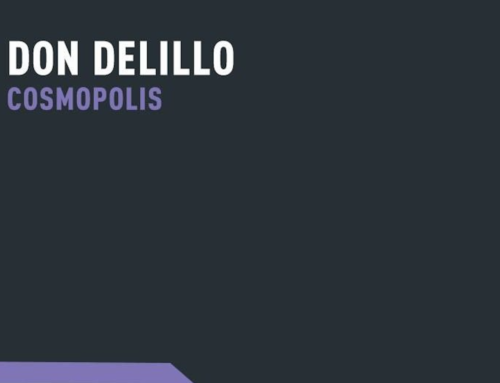
Leave A Comment